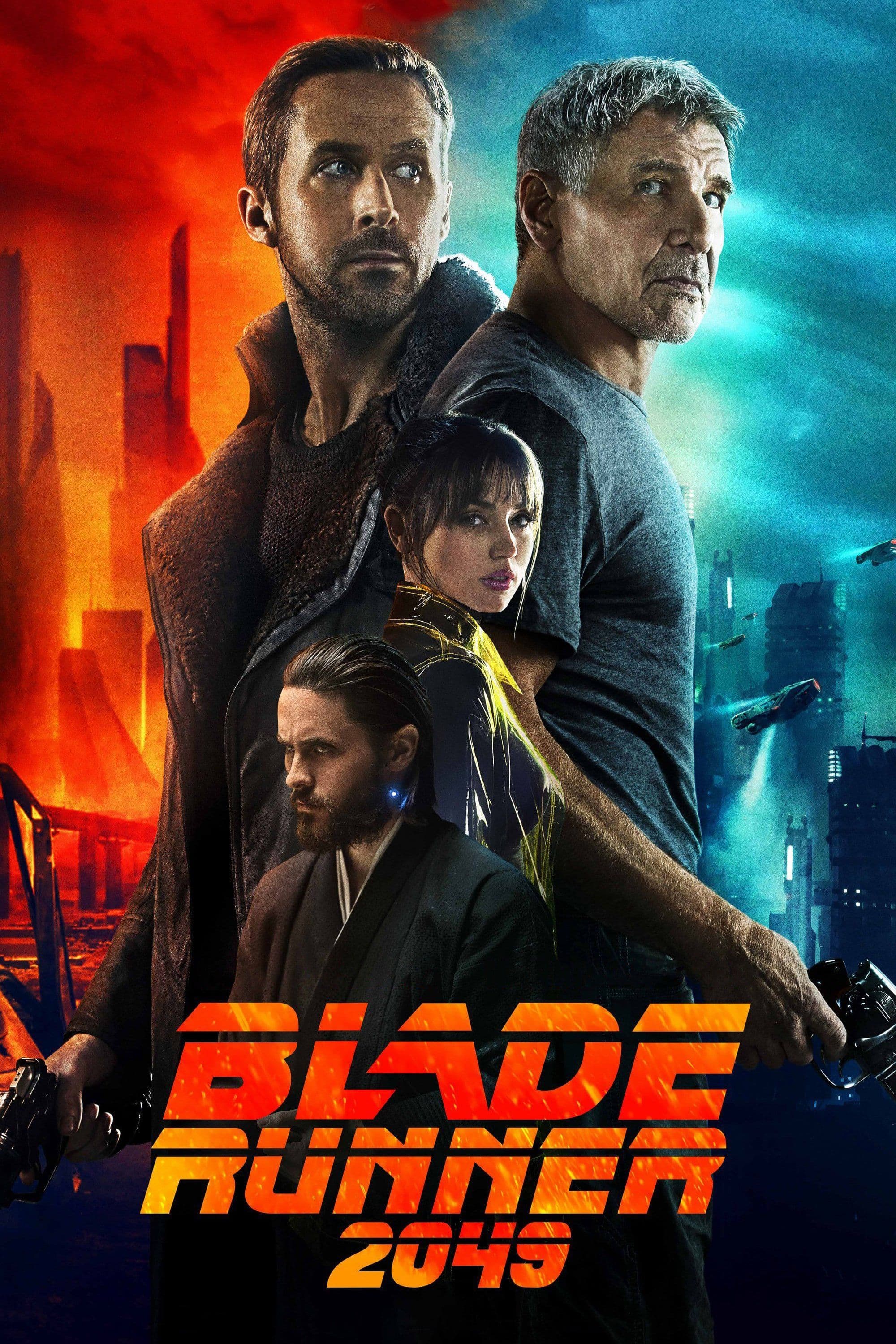
Blade Runner 2049
2017
Rate this movie
Average: 3.50 / 5
(2 votes)
Director
It rarely happens that a commercially very successful title can also meet unanimous critical acclaim and thus succeed in merging auteur film and box office success, art and money.
Blade Runner 2049 is one of those rare cases where precisely this happened: an enormous success with both audiences and critics that immediately propelled this title into the pantheon of Cinematography history.
The premises were truly daunting: starting from a masterpiece like Ridley Scott's Blade Runner to create a sequel that was credible and respectful of the original narrative and iconographic fabric was truly an enormous mountain for Denis Villeneuve to climb.
But this director has often accustomed us to a cinema capable of blending a powerful visual sense with an engaging and somewhat oblique narrative, and these two qualities greatly assisted him in the creation of this splendid feature film.
Scott's Blade Runner had concluded with Rachel and Deckard's escape towards an unknown destiny, with an elevator closing an imaginary curtain on their troubled story.
Blade Runner 2049 reveals what happened after those elevator doors closed many years ago.
The truth is discovered by chance by a new Blade Runner, the taciturn K (Ryan Gosling), who is part of a new generation of replicants created by the technological genius Niander Wallace (a bearded Jared Leto).
The paradox, then, is that replicants now hunt replicants.
Wallace's predecessor, the Tyrell Corporation, had closed down decades earlier, leaving him to take over the work of manufacturing artificial slaves.
It is up to K to find and kill the last of the Tyrell replicant series, the Nexus-8.
During one of his missions, at the home of a rogue replicant working as a protein farmer (Dave Bautista), K discovers a locked box buried at the base of a tree.
Back at Los Angeles police headquarters, it is discovered that the bones belong to a woman who died in childbirth.
Upon further investigation, K learns that the woman was a replicant – which raises the extraordinary proposition that Tyrell's last great experiment was to create a non-human capable of reproducing life, capable of CREATING life.
Driven by his superior, Lieutenant Joshi (Robin Wright), K begins to investigate further.
Joshi's command is that K must find and kill the child born to the replicant before the truth comes to light.
K, already ambivalent about his work as an executioner, feels a growing emotional pull regarding the mission.
The date carved at the foot of the tree where the replicant mother was buried matches in K's memory the same six numbers carved on the base of his favorite toy, a wooden horse.
Could K, then, be the missing child of the dead replicant? Visually extraordinary, thanks to Roger Deakins' Art in Cinematography, the film focuses all its talents on the iconographic legacy of Scott's work, updating and contextualizing it within a new universe shaped from the previous one.
The colors are a chromatic vortex that strikes the viewer and separates the narrative by scenes and chapters, the atmospheres are the distant echo of Scott's moonstruck metropolis, the characters are a direct emanation of that surrogate humanity that traversed the streets of Los Angeles with a grotesque posture.
But the verisimilitude is not only aesthetic but also semantic with the previous work, and the film rediscovers old characters from the past who move through the new story with dynamic ease.
Like Deckard, and especially Roy Batty, K is also an astonished pilgrim in search of answers, in search of an ancestral meaning to his own existence.
Like them, K is also trapped in the Dickian dilemma which sees Reality and Dream, Being and Non-Being interpenetrate until they occupy the entire horizon of the Real.
A distressing question that traps the protagonist in a network of dead-end questions.
Brilliantly and miraculously, Blade Runner 2049 does all of this without feeling like a flawed reconstruction of a fundamental film in the History of Cinema.
Villeneuve's affection for the world Scott created is evident, but the film's rhythms and symbolism belong to the director's sensibility.
K's existential quest is not the same as Batty's and Deckard's.
K does not want an extension of his life, nor to meet his creator, nor to know where his memories come from.
His desire, at least as we see it, is to find a connection with something greater: to feel that his life has value, that he exists for a purpose beyond that of a state-sponsored assassin.
And it is precisely in this that Blade Runner 2049 ascends to a narrative greatness that does not pale in comparison to the ultimate meaning with which Philip K. Dick had interwoven his novel.
And perhaps no more excellent quality could have been asked of it.
Main Actors
Genres
Gallery

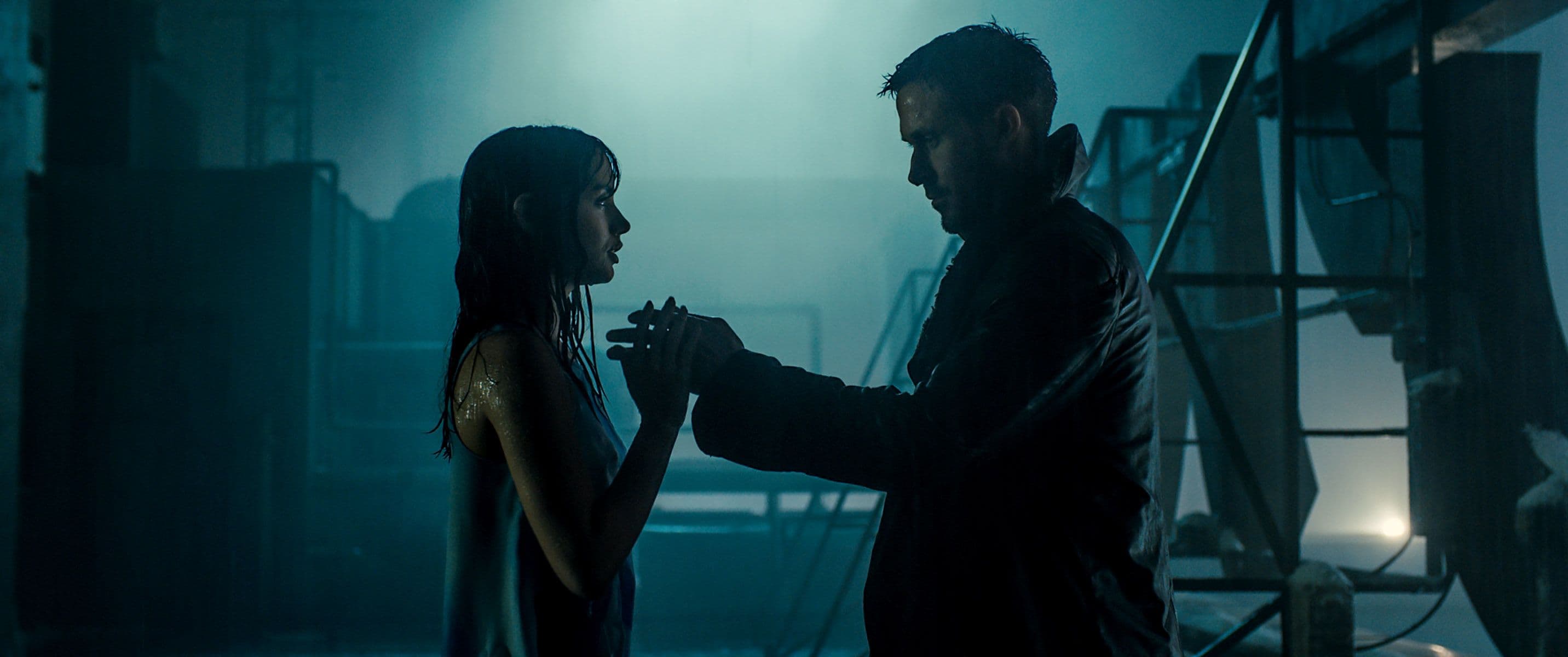

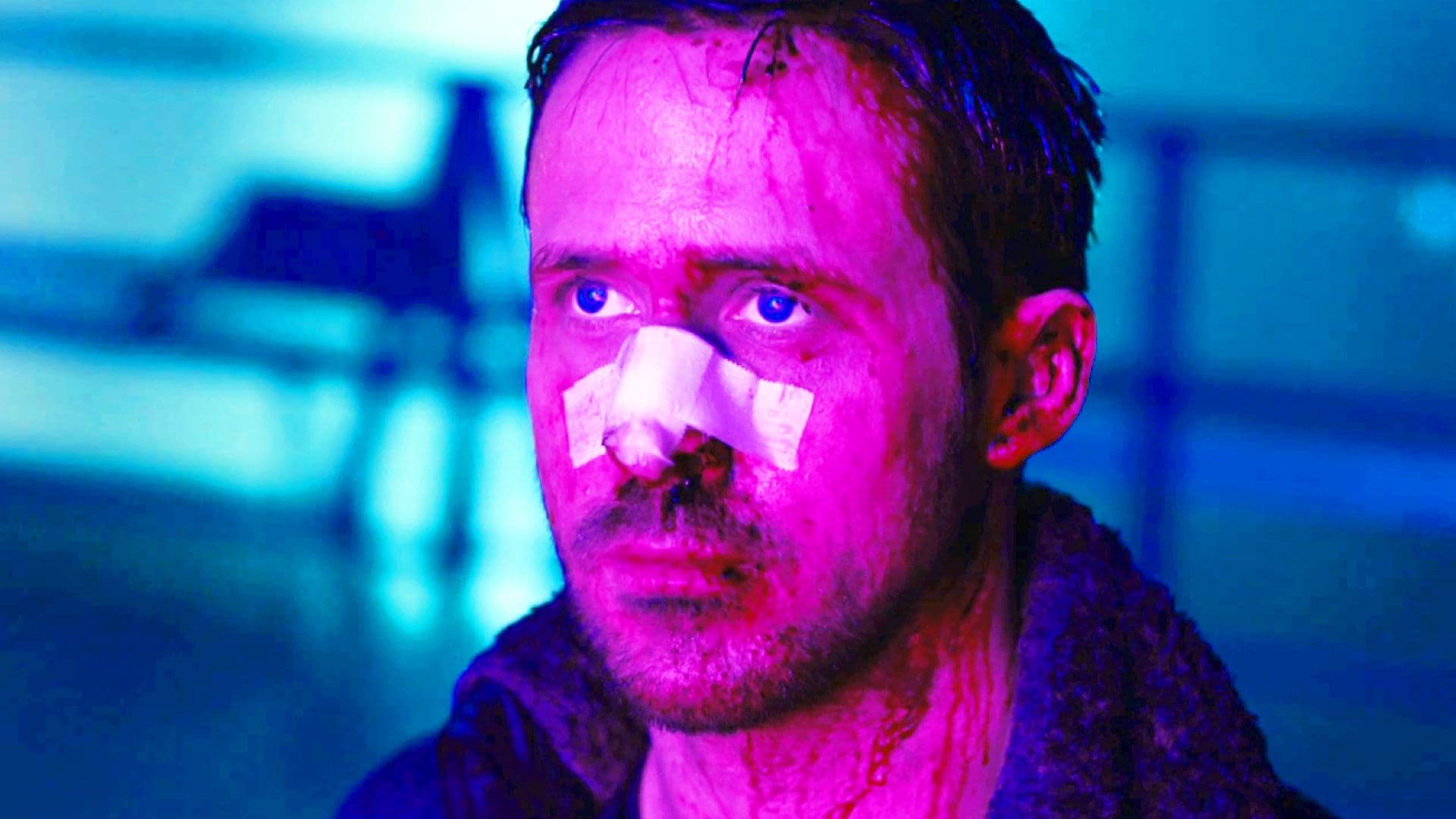

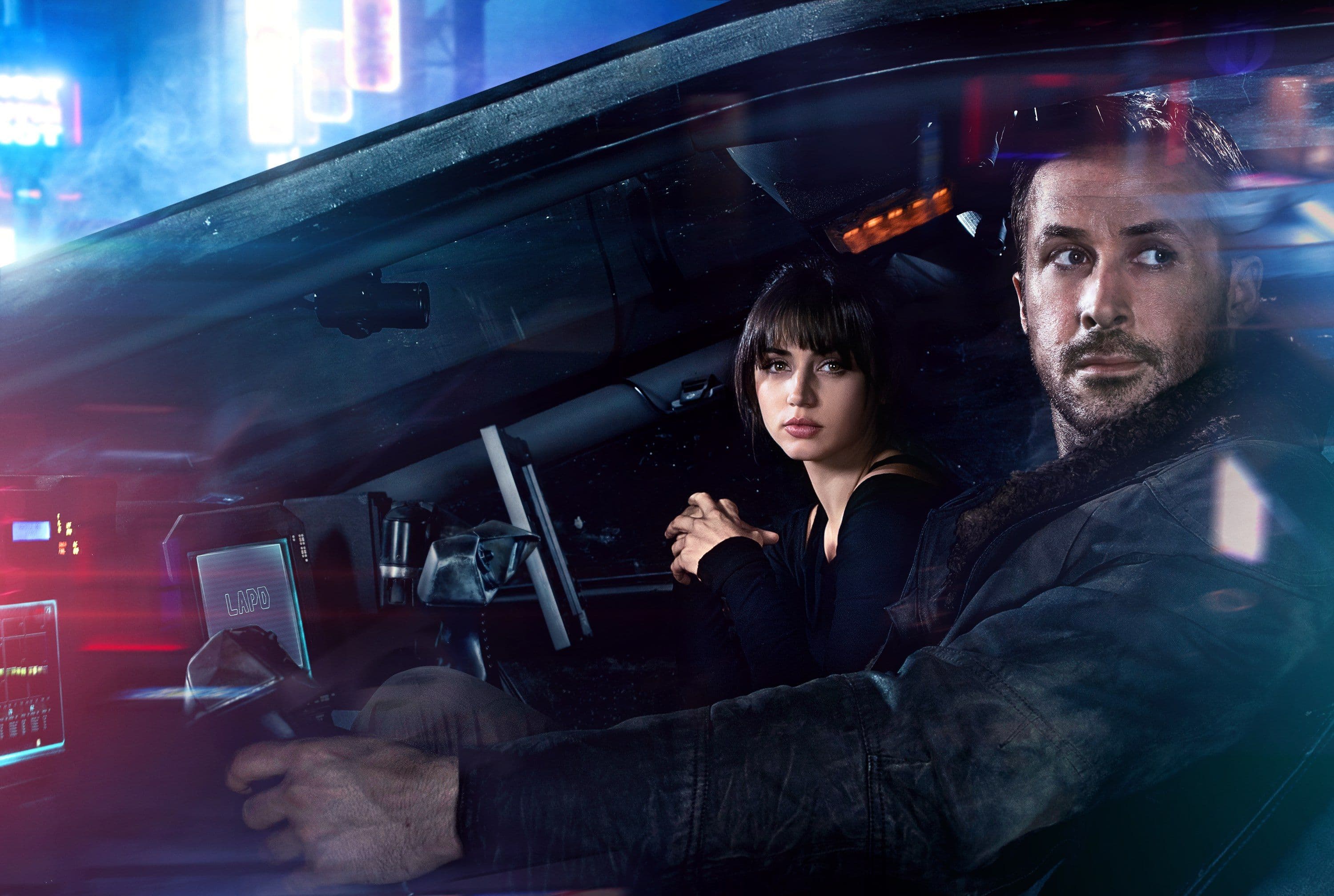
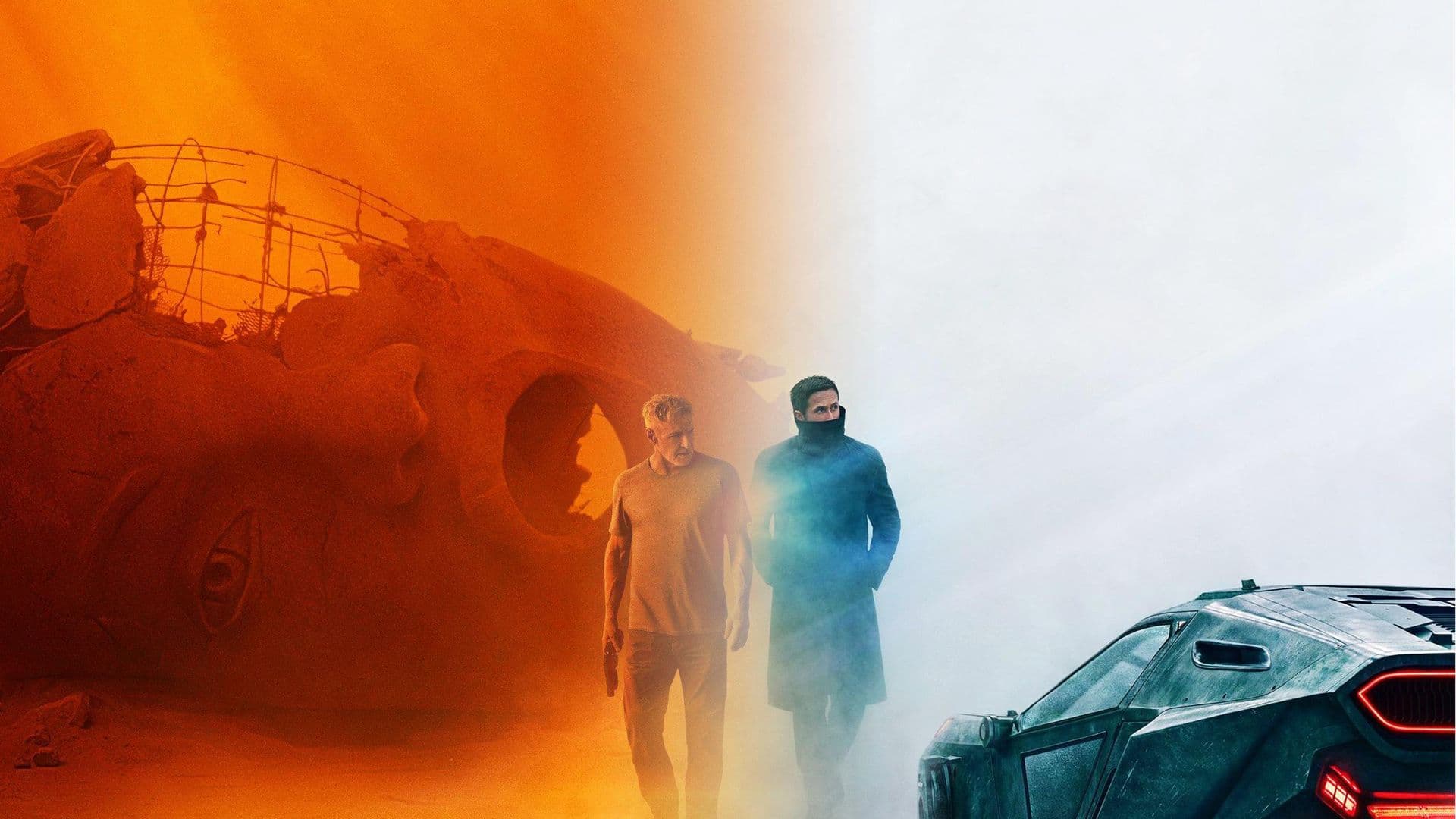
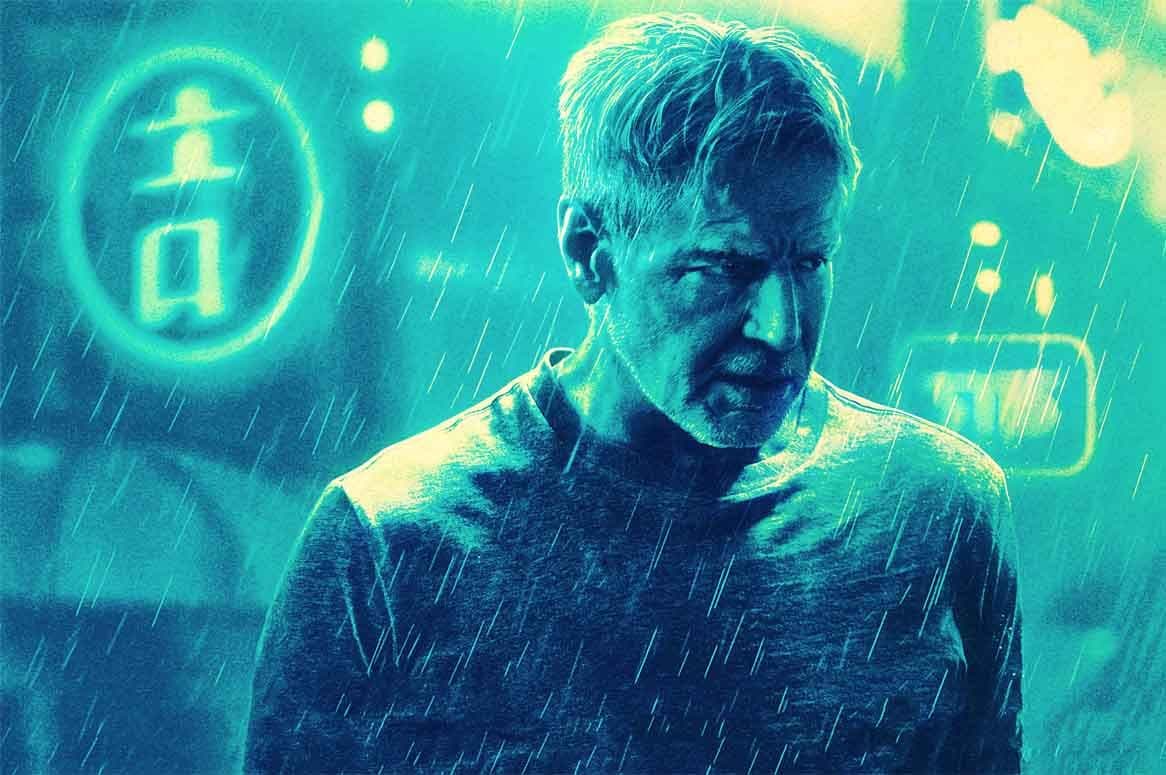
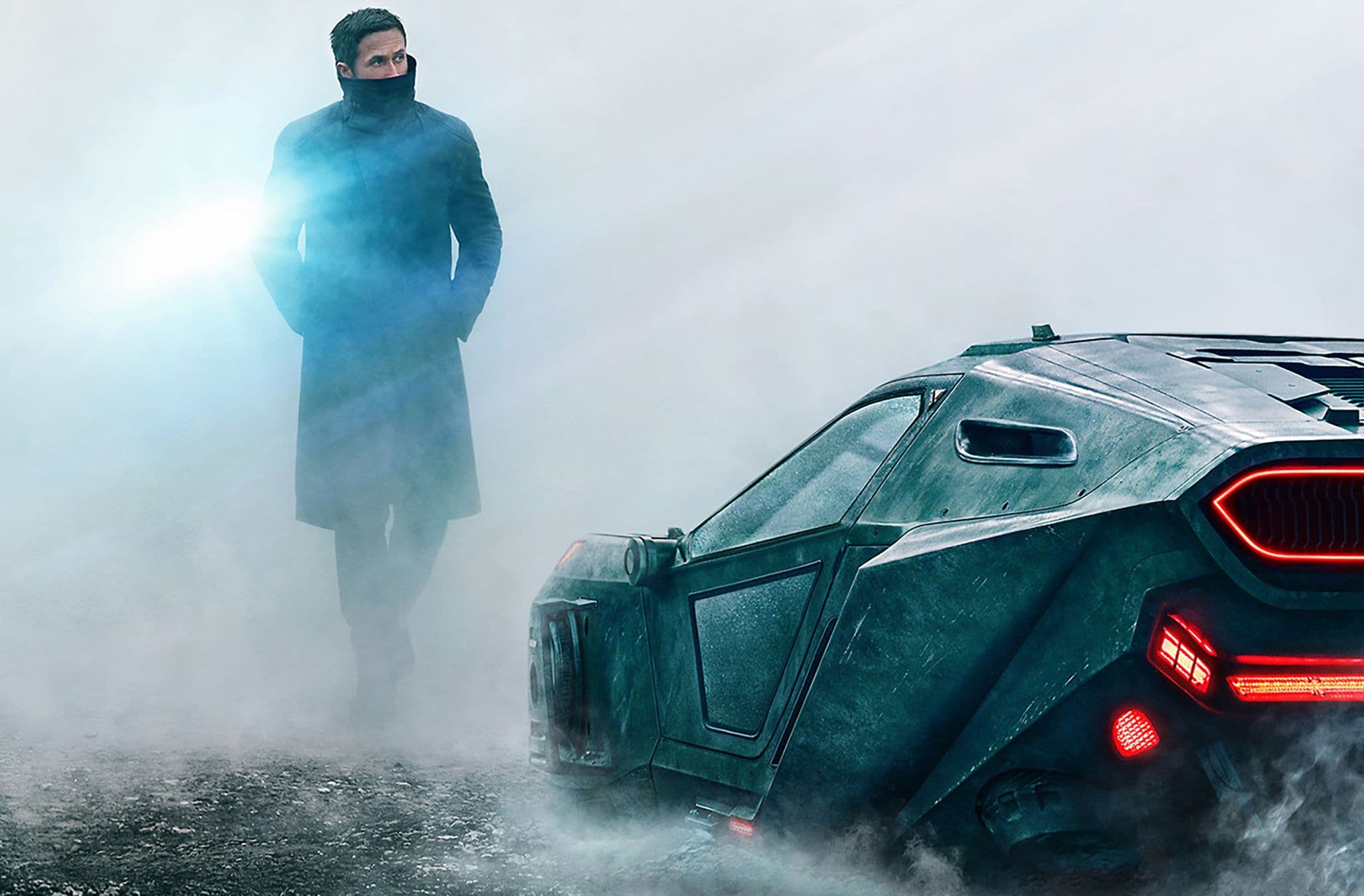
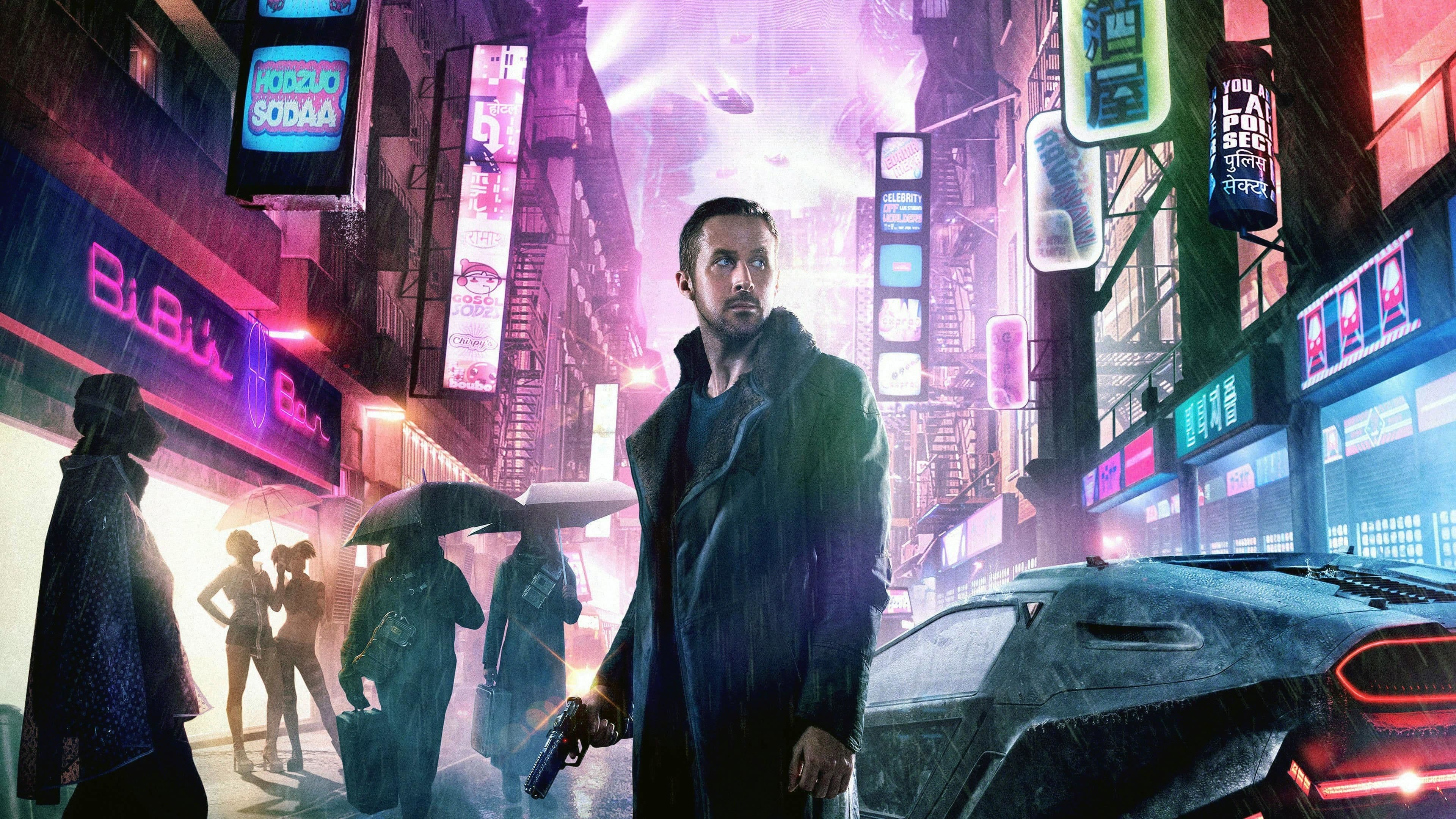
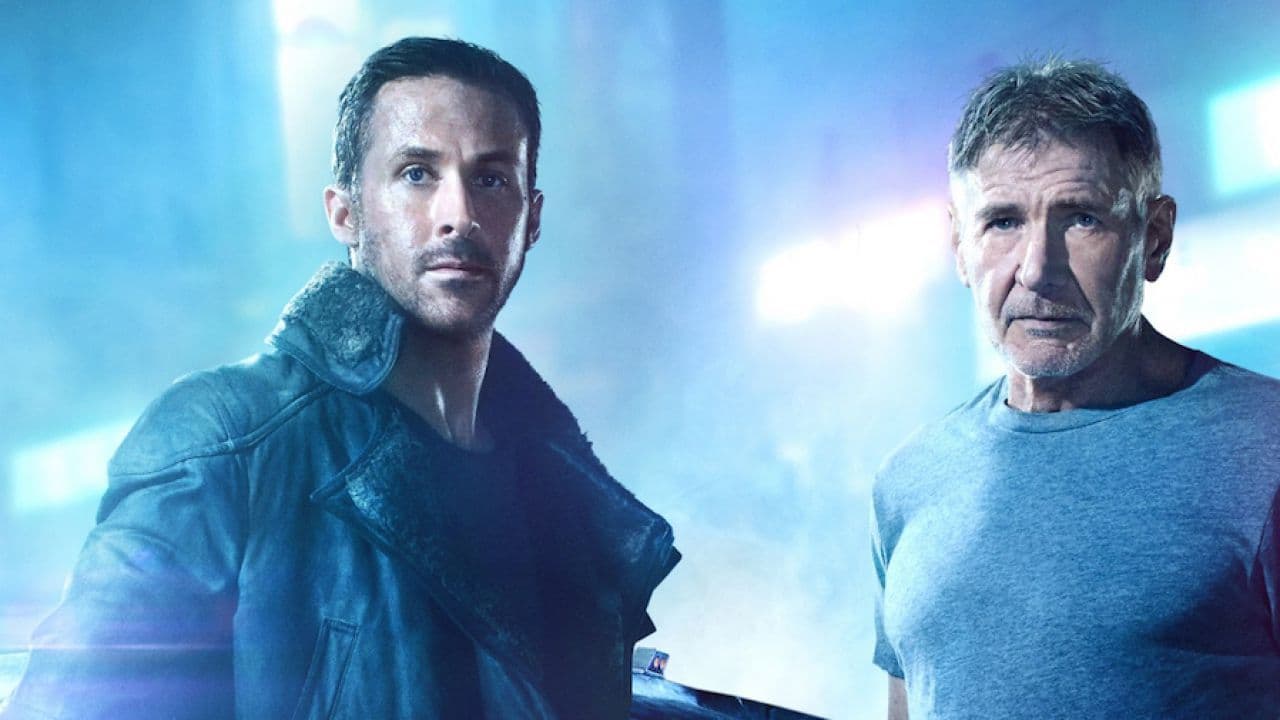

Comments
Loading comments...